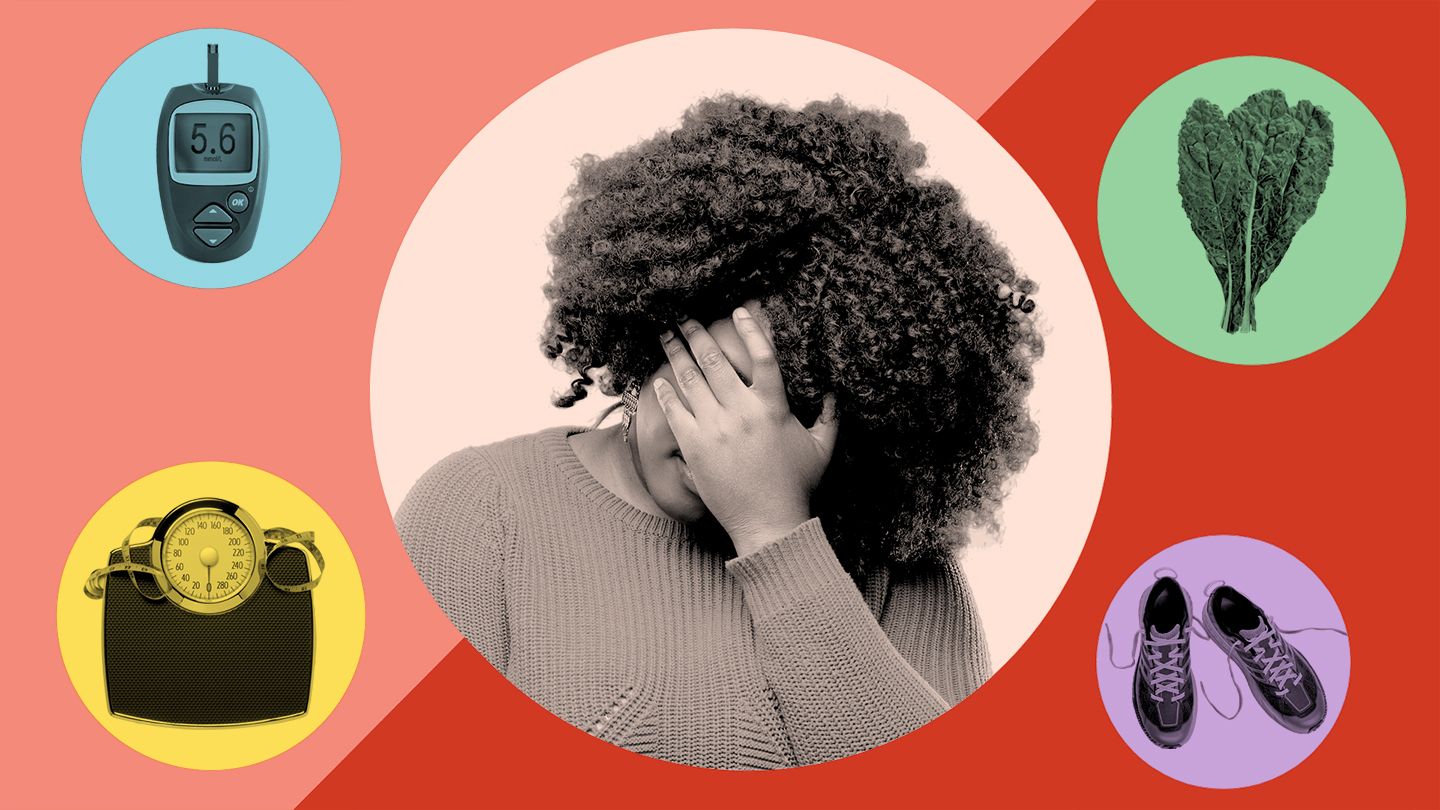If you’re living with type 2 diabetes, you know how frustrating some days can be. Learn to recognize the signs of burnout and when to seek advice and help.
Burnout means being overwhelmed or exhausted by physical or emotional stresses, and a chronic condition like diabetes can cause both.
“Living with diabetes can be challenging,” says Jenny De Jesus, RN, CDE, a diabetes educator at The Friedman Diabetes Institute at Beth Israel Medical Center in New York City. “It’s easy to become overwhelmed by diabetes and all that comes with it.”
You may feel at times that sticking with a diabetes care plan is more than you can or want to handle. You may get frustrated with monitoring blood glucose or having to watch your diet. Know that these are normal feelings, and that you can take steps to regain a positive outlook.
Type 2 Diabetes Burnout: Heading It Off
According to the National Diabetes Education Program, you may be able to prevent negative feelings from escalating by finding ways to ease stress. Here are a few suggestions:
- Take a few minutes each day to spend time on a hobby you enjoy, meditate, or practice deep breathing.
- Keep a journal to record not just what you eat and your glucose levels, but also to note how you feel — what bothers you and what makes you feel better.
- Ask yourself how you can divide your management plan into smaller steps that will make it seem easier to master.
Type 2 Diabetes Burnout: Coping Strategies
Unlike a job that’s sent you over the edge or a relationship that just isn’t right for you any longer, type 2 diabetes is with you for the long term. And there may be times when you experience burnout despite all your best efforts. Often the first step is accepting that you may not be able to handle every aspect of diabetes care without some help. Try to figure out which aspects of diabetes led to your feelings of burnout and get help to address those issues and restore your quality of life.
Reaching out for support from friends and family is essential to relieve diabetes burnout. “They can help you put things into perspective and get back on track,” says De Jesus.
Randy Pike, a reporter in Grande Prairie, Alberta, Canada, who has had type 2 diabetes for the past 15 years, knows how helpful family can be. “My wife generally notices signs that I need to eat better than I do,” Pike says.
The more your family and friends know and understand about type 2 diabetes, the greater a resource they can be for you. They can attend classes with you or get information through sources like the American Diabetes Association Web site.
Your health care team is another important resource. Doctors, nurses, and dietitians who specialize in diabetes care understand the problems that type 2 diabetes can cause. If you discuss your situation with them, they will be able to offer you insights to better manage whatever is troubling you.
Doctors are also learning to be more aware of diabetes-related stress. By anticipating problems, they may be able to show you how to reduce stress before you reach the burnout stage. And if a member of your medical team brings up the subject with you, be sure to answer honestly. Bottling up stress or denying it exists can make it worse.
Diabetes is something that you have to live with, but how you live with it depends on you. The most important things you can do are take care of yourself and seek help when you need it.













